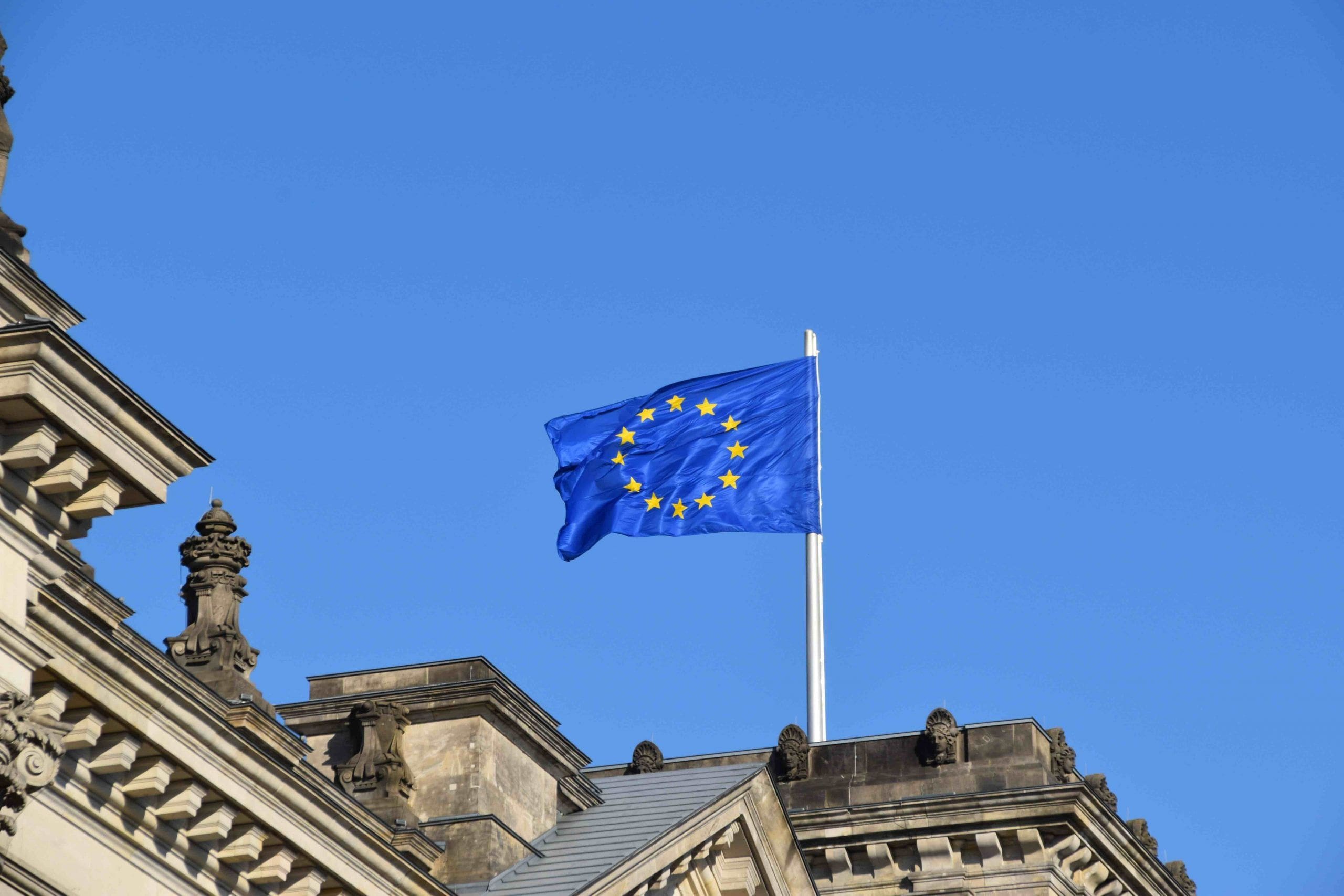Portugal/Spain/Italy: Ministers seek European minimum income
by Lusa
“We have to ensure that all people are guaranteed the satisfaction of their basic needs, so we need a common minimum income system to combat poverty,” said the three ministers of labour.
Portuguese, Spanish and Italian government ministers are calling for the creation of a European minimum income system, calling for solidarity as a vehicle to minimise the crisis caused by the new coronavirus, Covid-19.
The proposal, published today in the newspaper Público, is defended in a joint text signed by the Portuguese Minister of Labour, Solidarity and Social Security, Ana Mendes Godinho, the Vice-President of the Spanish Government, Minister of Social Rights and Agenda 2030, Pablo Iglesias, and the Italian Minister of Labour and Social Policy, Nunzia Catalfo.
“We have to ensure that all people are guaranteed the satisfaction of their basic needs, so we need a common minimum income system to combat poverty and social exclusion from an ambitious and integrated perspective’, the leaders said in the article entitled Towards a European minimum income’.
The three signatories to the article said that the European Union needs a common minimum income framework, which is not limited to survival levels or to the poverty ratio calculated on the basis of the average European income, but which is rather a legally binding framework, enabling all Member States to establish a minimum income that is adequate and adapted to each country’s standard of living and way of life.
“We support the approach that has been taken to this crisis, which is based on the fact that nobody is left behind and that it pays particular attention to the most vulnerable groups. We, therefore, support the establishment of an initiative to support the generalisation of decent and adequate minimum income systems in all Member States”, they said.
The three ministers stress that Europe is currently facing the “greatest challenge since World War II”: to fight the Covid-19 pandemic by saving as many lives as possible.
The social and economic impacts of this crisis, they write, are beginning to be felt at national and European level, with a particular focus on the labour market, with profound impacts on citizens’ lives.
“This is the time for the European Union to look to the future and continue its programme, with a view to presenting an action plan for the implementation of the European Pillar of Social Rights and thus launch a ‘European social shield’”, they say.
The three ministers highlight the “most vulnerable groups” and the need for “ambitious and courageous” measures of solidarity to avoid the risk of poverty and social exclusion.
“Today Europe has more than 113 million people at risk of poverty and social exclusion and 25 million children living below the poverty line. We must take urgent measures to avoid increasing this number and instead contribute to reducing it,” they say.
For those who sign the text, the situation is amplified by the covid-19 pandemic and therefore requires global and integrated solutions, in addition to all ongoing national measures.
“Europe must unite around solidarity. A coordinated European response is needed to avoid a new economic and social crisis like the one we experienced after the 2008 crisis”, they say in the text.
As a political and legislative framework, the article highlights the European pillar of social rights, adopted in 2017 by the European Parliament, the Council and the European Commission during the Social Summit in Gothenburg.
In Principle 14 of that document, governments recall, it states that anyone who does not have sufficient resources is entitled to adequate minimum income benefits that guarantee a decent standard of living at all stages of life, as well as effective access to supporting goods and services. For those able to work, minimum income benefits should be combined with incentives to (re-)integrate into the labour market.
The three subscribers, members of the Lisbon, Madrid and Rome governments, recall that “Portugal was a pioneer at this level, having launched in 1996 the Guaranteed Minimum Income, now called Social Insertion Income”.




















